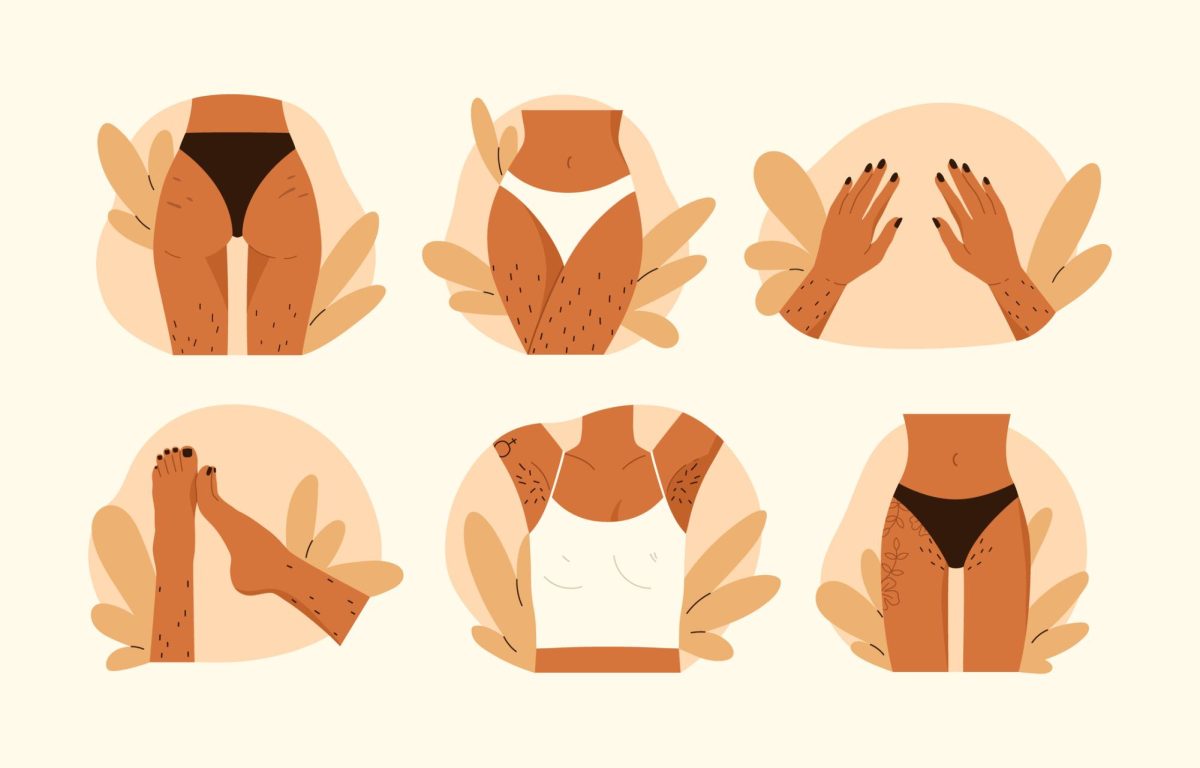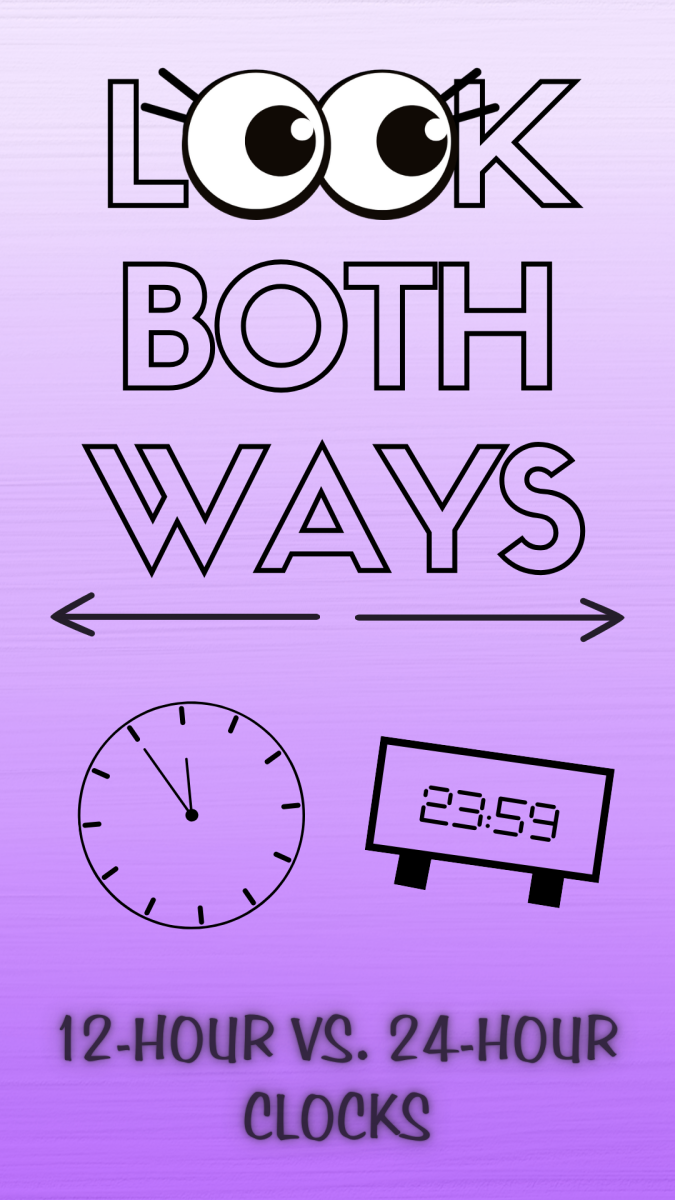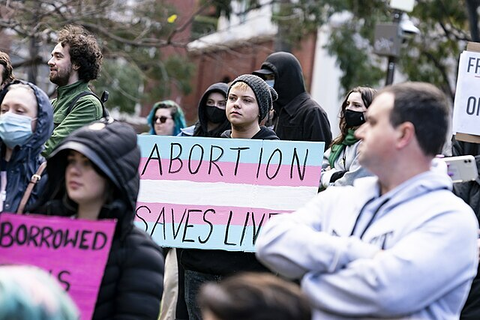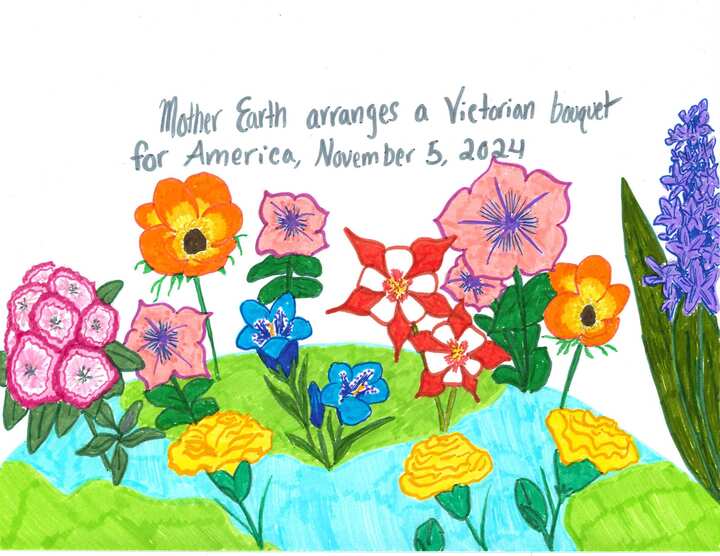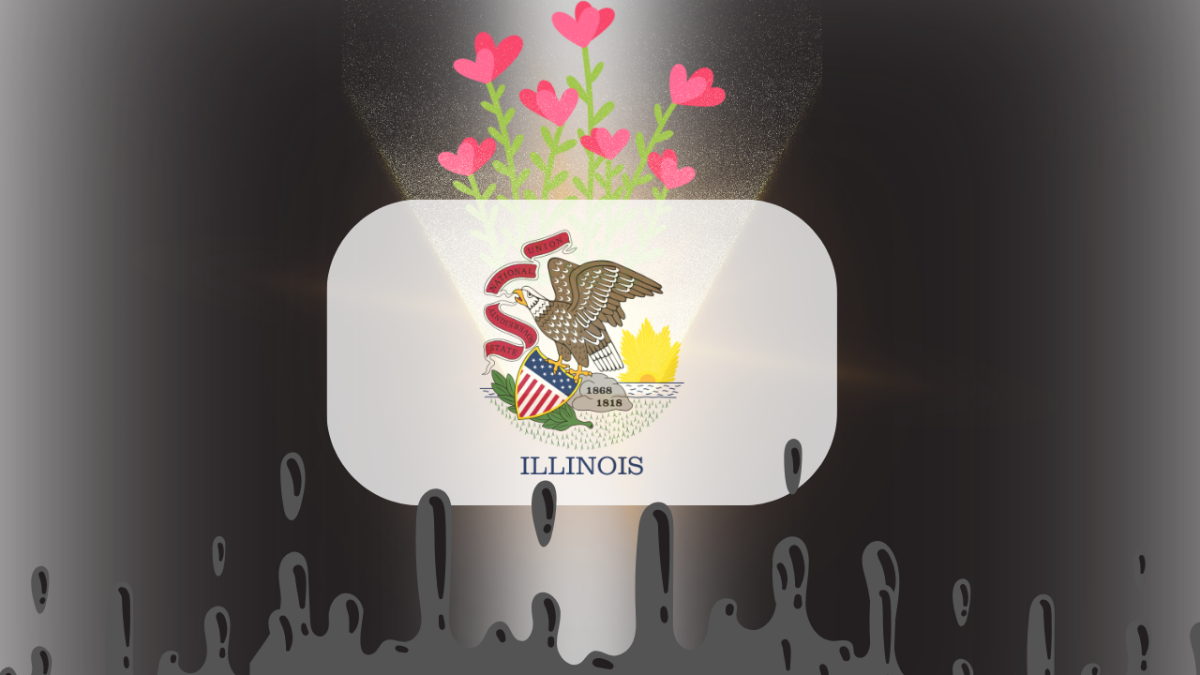No-Shave November is here, and it’s time we all participate – this month’s tradition isn’t just for cisgender men. Body hair activism is on the rise.
The human body has around five million hair follicles from head to toe, according to Better Health Channel, and body hair activists like Esther Calixte-Bea aren’t afraid of them.
Calixte-Bea is the creator of the Lavender Project: a self-photography project embracing femininity and body hair. The photos are perfect inspiration for No-Shave November and push against a beauty standard that’s clearly rooted in sexism.
But, the body hair stigma isn’t only an issue for cisgender and transgender women.
As Molly Holmes, director of the Gender and Sexuality Resource Center, explains, oppressive beauty standards affect everyone negatively, including non-binary people, trans-masculine people, trans-feminine people and even cisgender men. It’s crucial to understand where the body hair stigma comes from and how it’s impacting each individual personally.
“I’m always gonna think a little bit more about being critical in our understanding, or educating ourselves, to not only think about like a stigma, or what we might have been taught or told, but, like, what is true and what is right for a person individually,” Holmes said.
Body hair removal has been practiced across cultures and centuries for countless reasons. However, today’s stigma is closely related to racism, white supremacy and social Darwinism in the 19th and 20th centuries, according to Rebecca Herzig, a professor of gender and sexuality studies at Bates College, who investigated the stigma in her 2015 book “Plucked: A History of Hair Removal.”
“I think if we can kind of get to a place where we have and give ourselves that, that gentleness, to say: ‘Hey this is a, this is something that’s been going on for centuries, and it’s not our fault if we have, you know, challenges around, you know, body image – you know, hair, etc,’” Holmes said. “It’s okay to at least give ourselves a space to wander and to be curious about, like: ‘Is this serving me?’”
When razors for women reached the market in the early 1900s and began appearing in public ads, the standard spread like wildfire, causing many of us to hate those beautiful little forests of hair on our skin, according to the Smithsonian.
We can stop that still-raging inferno – and protect our little forests – by acknowledging the normalcy of body hair.
THE HAIRY DETAILS
Regardless of sex, gender, race or identity, the body grows two main types of hair. The fine peach fuzz which covers the body is called vellus hair. When it’s cold, your vellus hairs provide insulation, and when it’s warm, they help sweat to evaporate, cooling an individual down, according to Cleveland Clinic.
Terminal hair is the stronger, thicker hair which generally develops during puberty: the hair many people feel an unnecessary pressure to shave.
Most prevalent on our heads and legs and in our armpits and pubic area, terminal hair prevents excessive friction during strenuous activities which protects our skin, according to Cleveland Clinic.
No matter its location, type, color or length, body hair is normal and grows for a reason. We wouldn’t have evolved into such delightfully hairy creatures if it wasn’t.
WHERE TO GROW FROM HERE
If shaving makes you feel happy, beautiful and empowered – go for it. Strip those pits, shave those legs smooth and brave that bikini wax like the champion you are.
After all, shaving isn’t without its advantages. In certain crevices of the human body, less hair means fewer hiding spots for bacteria, which makes it easier to combat body odor.
But if shaving feels like a chore, stop forcing yourself.
Celebrate your body and others’, and trade out razor burn for fluffy, soft armpits. Embrace the beauty of the hairs that decorate and protect your legs, and laugh at those people silly enough to be put off by a bit of extra keratin on your glorious calves.
Most of all, while easier said than done, strive to end the self-judgment, and don’t allow yourself to get tangled up with the pressures of patriarchal misogyny, whether you choose to remove your body hair or not.
Understand that like periods, sex, fat and aging, body hair is just another natural function society decided you should be ashamed of.
This November, let it all down, Rapunzel. That gorgeous hair doesn’t make you any less worthy of a crown.



